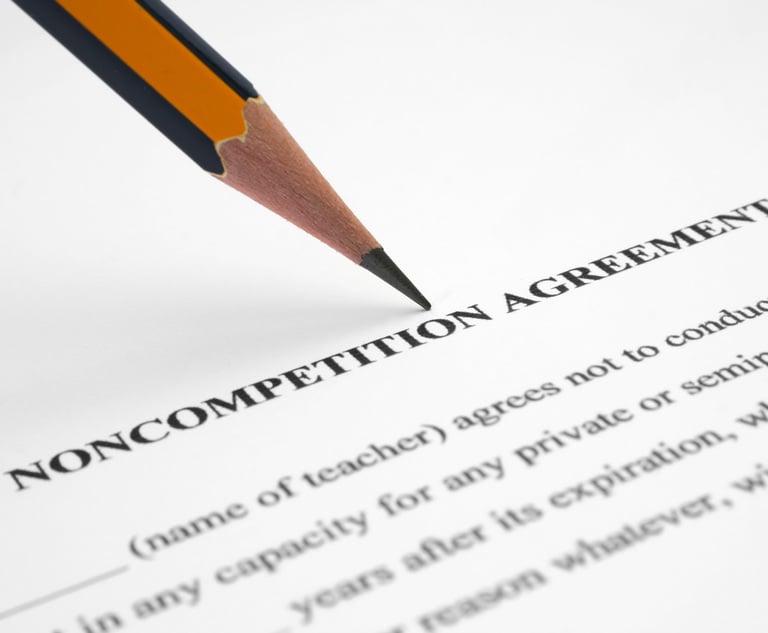With a growing number of COVID-19 cases around the U.S., companies are flooding their attorneys with questions over how to deal with the pandemic. Privacy challenges regarding asking and sharing workers’ health information are also highly requested, lawyers said.
“Right now the outbreak does pose a lot more challenges with how you protect employees and the public and not disclose [their] information,” said Dora Wang, a partner in Reed Smith’s global regulatory enforcement group.
This content has been archived. It is available through our partners, LexisNexis® and Bloomberg Law.
To view this content, please continue to their sites.
Not a Lexis Subscriber?
Subscribe Now
Not a Bloomberg Law Subscriber?
Subscribe Now
LexisNexis® and Bloomberg Law are third party online distributors of the broad collection of current and archived versions of ALM's legal news publications. LexisNexis® and Bloomberg Law customers are able to access and use ALM's content, including content from the National Law Journal, The American Lawyer, Legaltech News, The New York Law Journal, and Corporate Counsel, as well as other sources of legal information.
For questions call 1-877-256-2472 or contact us at [email protected]








